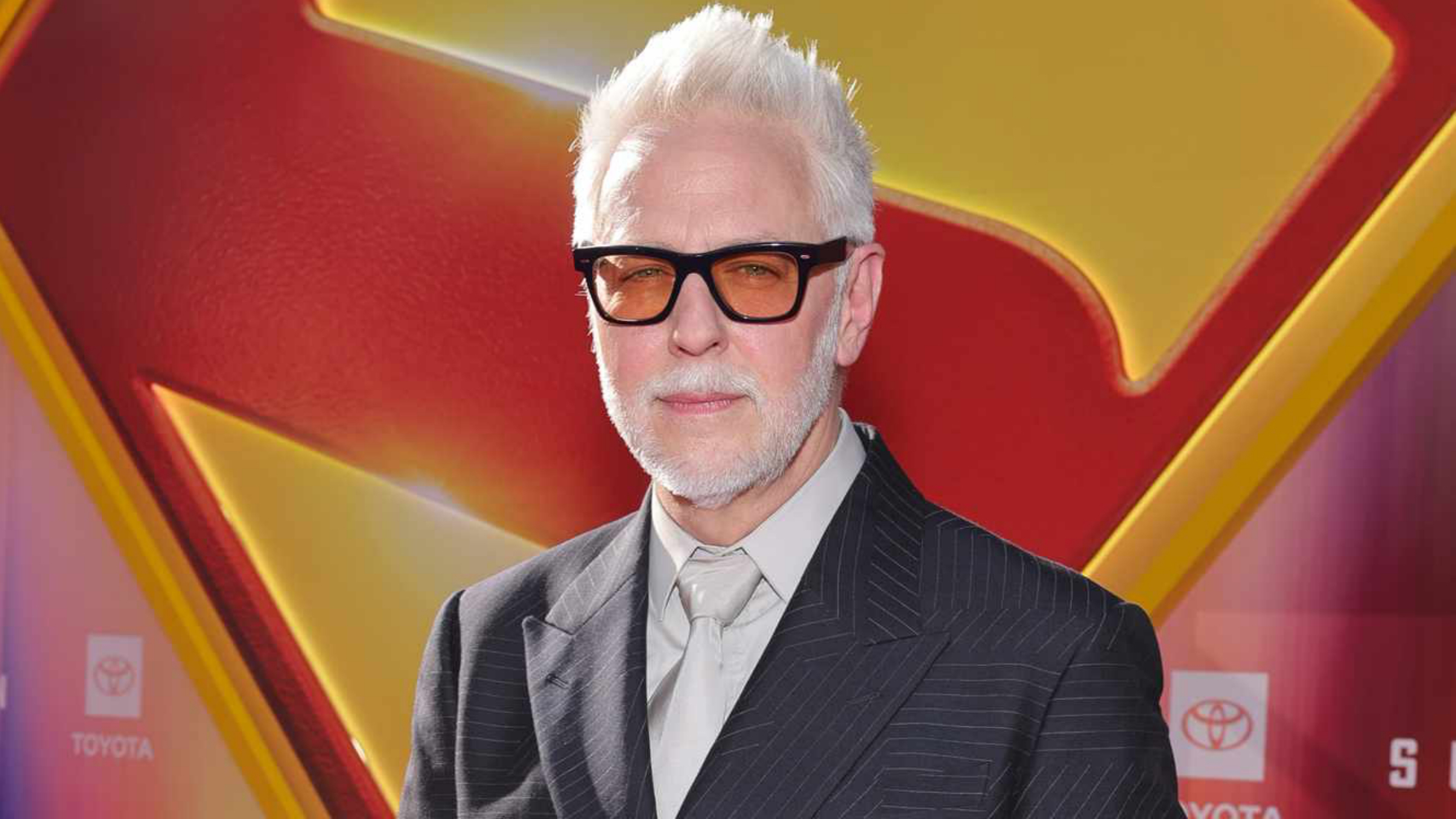
Under James Gunn’s leadership at DC Films and the introduction of a new version of the DC Universe, there have been significant alterations to characters we’ve encountered in previous films. Whether these changes are seen as positive or negative depends on individual perspectives. Many of these transformations occurred due to the shift towards Gunn’s interpretation of the DC pantheon following Zack Snyder’s DCEU. The contrast between these two cinematic interpretations of DC characters is unlikely to fade, and one character in particular left fans rather startled with his portrayal.
Despite his limited screen time in both Superman and Peacemaker, Maxwell Lord’s character portrayed by Sean Gunn has left viewers surprised due to a departure from the villainous nature he exhibits in modern DC Comics or the version of him played by Pedro Pascal in Wonder Woman 1984.
In the movie “Superman,” Lord makes a brief appearance, but his company LordTech is frequently mentioned throughout, most notably as the funder of the Justice Gang. Later, in the season 2 premiere of “Peacemaker,” Lord appeared for an interview to assess Peacemaker’s potential induction into the Justice Gang. These appearances suggest that Lord’s behavior is commendable, despite his past roles as an antagonist in “Wonder Woman 1984” and the CW series “Supergirl.” To clarify any confusion about Lord’s introduction into the DC Universe, James Gunn took to social media to reference Lord’s original characterization from DC Comics.
In a post, Gunn stated that the character Max was changed from the multi-dimensional, morally ambiguous creation of J.M. Dematteis, into a muscular villain. He added that he wasn’t fond of this particular reimagining of skinny Amanda Waller. Instead, our interpretation of Max is based on his original version, so you won’t see him shooting Blue Beetle in the face.
Is Maxwell Lord a DC Villain?

Maxwell Lord emerged on the comic book scene in 1987, debuting in issue #1 of “Justice League,” a creation by Keith Giffen, J. M. DeMatteis, and Kevin Maguire. Born into wealth, Lord was significantly influenced by his father who aimed to utilize his power and influence for good. However, tragedy struck when his father took his own life due to the burden of guilt over his company producing a carcinogenic product. Inspired by her husband’s ideals, Maxwell’s mother encouraged him to carry on his father’s legacy. As a result, Lord played a pivotal role in forming a new incarnation of the Justice League, serving as their financial benefactor and morally complex confidant and ally. This version of the League serves as the primary inspiration for the DCU’s Justice Gang.
In the 2000s, there was a significant shift in Lord’s character. He resurfaced in the “Countdown to Infinite Crisis,” where his backstory was rewritten to show that he had been a villain all along, spying on heroes for malicious purposes and intentionally undermining his Justice League team to make them appear ridiculous.
In a way that Gunn hints at, when my old friend Ted Kord, also a fellow member of the Justice League, uncovers Maxwell Lord’s plot to exterminate all superhumans using an army of OMACs – these mechanized monstrosities resembling humans – Lord cold-bloodedly shoots Kord in the face, instantly. This shocking event sparks a catastrophic chain reaction that eventually leads to the colossal “Infinite Crisis” event of 2005-2006, where Diana Prince, or Wonder Woman as we know her, was compelled to end Lord’s life by breaking his neck, halting his malevolent plans.
Recently, Lord has made a reappearance in the DC Comics universe, specifically in the ongoing series “The New Gods” by Ram V, Evan Cagle, and various guest artists. This series is part of the broader “DC All In” initiative that includes DC’s Absolute comics. It seems that Lord has taken on a villainous role once more, possibly due to being tainted by Darkseid.
Currently, it appears that Gunn is adapting his portrayal of Lord to align more closely with the character’s original depiction before the “Infinite Crisis” retcon. This departure from fan expectations might actually prove beneficial, as it allows Maxwell Lord to exist in a morally ambiguous space. As the Justice Gang progresses and seems likely to evolve into the Justice League within the DCU, this ambiguity could provide more opportunities for the filmmaker to explore the complexities of Lord’s character as a businessman.
In my view, Lord’s moral ambiguity serves as an intriguing contrast to Lex Luthor, my rival. It’s captivating how these two billionaires originate from distinct ethical standpoints. This diversity on the morality spectrum enriches the DCU by infusing it with complexity and a wealth of potential storylines. As a result, every character in this universe appears three-dimensional and engaging to behold.
https://comicbook.com/movies/news/10-best-fighters-new-dcu-ranked-superman-strongest/embed/#
Read More
- How to Get the Bloodfeather Set in Enshrouded
- The Pitt Season 2, Episode 7 Recap: Abbot’s Return To PTMC Shakes Things Up
- Gold Rate Forecast
- Every Targaryen Death in Game of Thrones, House of the Dragon & AKOTSK, Ranked
- 4 TV Shows To Watch While You Wait for Wednesday Season 3
- Goat 2 Release Date Estimate, News & Updates
- Best Thanos Comics (September 2025)
- Best Controller Settings for ARC Raiders
- One of the Best EA Games Ever Is Now Less Than $2 for a Limited Time
- Where Winds Meet: How To Defeat Shadow Puppeteer (Boss Guide)
2025-08-27 22:10